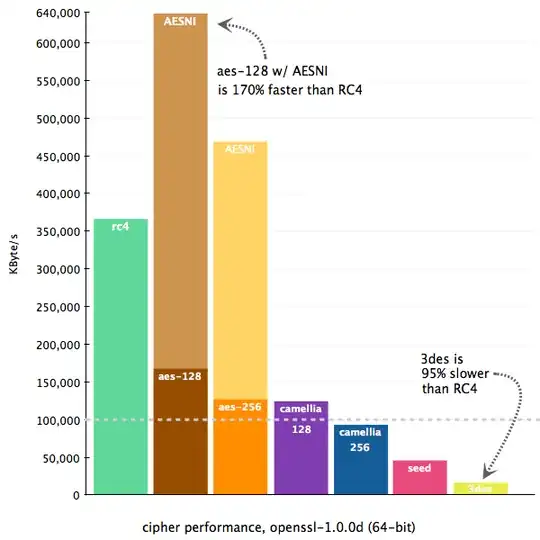Although the high performance ssh adds a none cipher, the arcfour cipher is nearly as fast and is included standard.
Use: -o Ciphers=arcfour
I've been using this over the local network and I get about 85% of 100Mbps Ethernet or about 10.625MB/s
(In response vava's answer, sshfs would still be what it is even when ssh's encryption is off as the authentication protocol would still be active without which you might as well be using telnet.)
Note for @osgx I recently found OpenSSL: Cipher Selection which includes the following graph:

The following is the results section from that page. The graph and the results are questionable as they don't state how the benchmark was done and on what hardware but I think that they aren't that far off.
100,000 Kbyte/s is my threshold for acceptable performance. This represents 1 CPU core (of 8 in my case) running at 100% utilization to transfer 780Mbit/s of data (which is a reasonable saturation point for a gigabit Ethernet link).
RC4 is the fastest cipher, if you are using a processor which does not support AESNI.
AES-128 is the next fastest cipher, and much faster than RC4 if you have AESNI support. It’s about 54% slower if you don’t. AES-256 is slower still, and unless explicitly configured otherwise, any browser that supports AES-128 will also support AES-256.
What has been quoted above clearly shows that arcfour (and also AES with AESNI) can saturate a Gigabit link on a modern machine.
If you don't need encryption, the none cipher from hpn-ssh is even faster but you would only need it if you need to saturate a link with several times the bandwidth of a Gigabit link or if you need reduced CPU usage.
